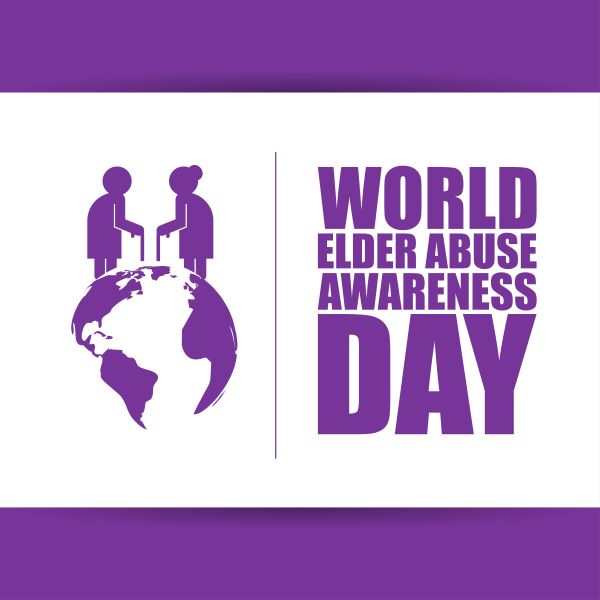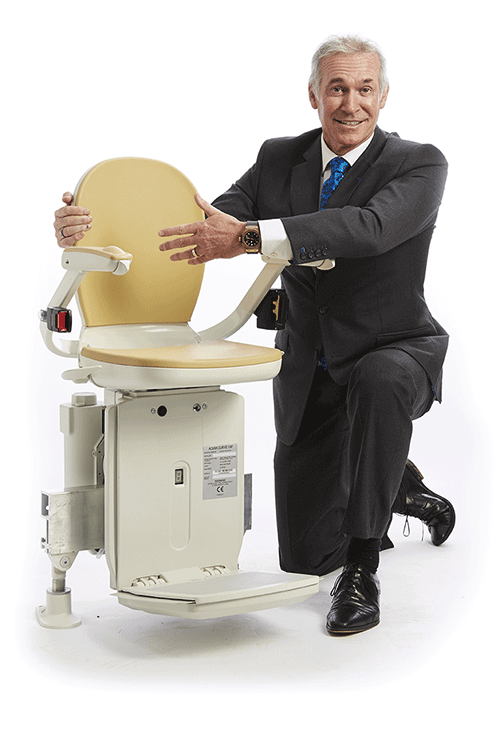Elder abuse is a silent crisis—and it’s more common than many realise.
According to the World Health Organisation, 1 in 6 people aged 60 and older experience some form of abuse each year. In institutional settings, the reality is even more disturbing: 2 in 3 staff members in aged care facilities have admitted to engaging in abusive behaviour.
And this issue isn’t going away. As the global population of over-60s continues to grow—from 900 million in 2015 to nearly 2 billion by 2050—so too does the potential for abuse.
That’s why World Elder Abuse Awareness Day, held every year on 15 June, is so important. It’s a time to raise awareness, take action, and work together to ensure that every older person is treated with kindness, respect, and dignity.
What Is World Elder Abuse Awareness Day?
First marked in 2006, this international awareness day was established by the International Network for the Prevention of Elder Abuse, with support from the World Health Organisation. Its mission? To shine a spotlight on the mistreatment of older adults and promote strategies for prevention and intervention.
When Is World Elder Abuse Awareness Day?
World Elder Abuse Awareness Day is observed annually on 15 June.
In 2025, it falls on a Sunday.
Understanding Elder Abuse—What It Is and How It Happens
What Is Considered Abuse?
Elder abuse is any act—or failure to act—that causes harm, distress, or danger to an older adult. This may include physical, emotional, financial, or sexual abuse, as well as neglect.
It can happen in many settings—from private homes to aged care facilities—and is often perpetrated by someone the victim knows and trusts.
What Is Neglect?
Neglect is the failure to provide basic care or meet essential needs. This might involve not offering food, water, medication, or hygiene assistance, or ignoring signs of illness or injury.
Some older adults may also experience self-neglect, where they can no longer care for themselves safely due to cognitive or physical decline.
Warning Signs—How to Spot the Signs of Elder Abuse
Physical Abuse
- Unexplained bruises or burns
- Recurring injuries
- Flinching or avoiding touch
- Hesitancy to speak about injuries
Financial Abuse
- Sudden changes in financial circumstances
- Unpaid bills or missing funds
- Unexplained withdrawals or transactions
- Changes in legal or banking documents
Emotional or Psychological Abuse
- Mood swings or signs of fear
- Isolation or withdrawal
- Unusual nervousness or submissiveness
- Hesitation to speak openly
Sexual Abuse
- Physical discomfort or injuries
- Unusual behaviour around caregivers
- Stained or damaged clothing
- Distress during personal care
Neglect and Self-Neglect
- Poor hygiene or weight loss
- Unsafe living conditions
- Missing medical devices or aids
- Refusal to seek medical help
Can Elder Abuse Be Prevented?
Yes. While the responsibility always lies with the abuser—not the victim—prevention starts with community awareness, open communication, and proactive care.
World Elder Abuse Awareness Day—6 Ways to Help Prevent Elder Abuse
1. Support Meaningful Social Connection
Loneliness and isolation can significantly increase an older adult’s vulnerability. Encourage regular contact with wh�?nau, neighbours, and friends. From attending community events to joining local groups, staying socially active can greatly reduce the risk of abuse.
2. Make Thoughtful Decisions About Carers and Support Networks
Whether choosing in-home support or transitioning to a care facility, it’s vital to assess how well caregivers interact with your loved one. Ask questions, check references, and continue to stay involved—regular oversight promotes both accountability and care quality.
3. Keep the Conversation Going
Frequent, open conversations build trust and allow you to identify early signs of distress or abuse. Stay in touch by phone, video, or in person. Encourage your loved one to speak honestly and let them know they’ll always be heard and supported.
4. Teach Financial Awareness and Scam Safety
Older people are often targeted by fraudsters using phone calls, texts, or door-to-door tactics. Help your loved one recognise warning signs and stay cautious. Offer to assist with financial tasks when needed, while still respecting their autonomy.
5. Promote Independence Wherever Possible
Maintaining autonomy—like choosing meals, making appointments, or deciding how to spend the day—fosters dignity and reduces dependence. Installing simple tools such as Acorn stairlifts, handrails, or personal alarms can make daily life safer without compromising independence.
6. Encourage Participation in Peer Support Groups
Being part of a group provides social interaction, emotional support, and a place to raise concerns. Local community centres and senior organisations often host activities or groups that allow older adults to connect and feel empowered to speak out.
What Should You Do If You Suspect Elder Abuse?
If you believe an older adult is being abused, act quickly.
- Speak with the person privately and supportively
- Contact a health professional, trusted support service, or elder advocacy group
- If urgent, call emergency services immediately
- Report the concern to the appropriate authority
Even if the abuse happened in the past, it’s important to take action—to protect your loved one and prevent it from happening to others.
Here are more resources to help you report elder abuse incidents in New Zealand:
- Phone 0800 652 105 to ask Age Concern about your nearest elder abuse service.
- Visit Age Concern elder abuse services to find your nearest service.
- Call the national elder abuse 24-hour free phone line on 0800 32 668 65 or text 5032 or email support@elderabuse.nz.
- If you or an older person are in immediate danger, call the Police on 111.

